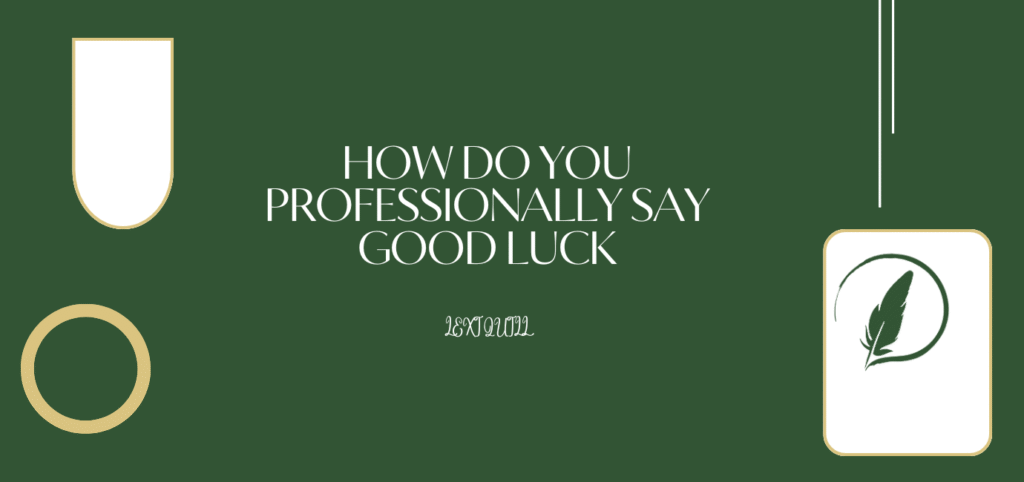The words “first, second, and third” are frequently utilized to structure thinking in speech and writing. However, they occasionally come across as formal or tedious.
If you would like to vary the options and make your communication more vibrant, try other words. Following are ten options for saying “first, second, third.”
Why Use Alternatives?
Though “firstly, secondly, thirdly” are commonly used transition words, they may not always be the most effective. In conversation, they may sound too formal.
In business or creative writing, it is possible to improve readability and maintain the interest of your audience through varying language. By employing different turns of phrase, you are able to introduce clarity, emphasis, or a tone of conversation to your message.
1. To begin with, next, finally
A simple and conversational alternative.
Example: To begin with, we need to finalize the budget. Next, we should assign tasks. Finally, we can set the project timeline.
2. First of all, then, in conclusion
Works well in structured arguments or essays.
Example: First of all, we must consider the cost. Then, we can evaluate the benefits. In conclusion, this approach is the most cost-effective.
3. Firstly, secondly, thirdly
A clean and direct way to list points with the “+ly” endings.
Example: Firstly, we analyze the data. Secondly, we create a report. Thirdly, we present our findings.
4. Initially, subsequently, ultimately
Ideal for academic or formal writing.
Example: Initially, the market showed positive growth. Subsequently, trends shifted due to external factors. Ultimately, the company had to revise its strategy.
5. To start with, afterward, lastly
A great choice for storytelling or presentations.
Example: To start with, we focused on customer feedback. Afterward, we implemented new features. Lastly, we launched a marketing campaign.
6. First up, moving on, wrapping up
Casual and engaging, suitable for informal settings.
Example: First up, let’s discuss the agenda. Moving on, we’ll review last week’s progress. Wrapping up, we’ll address any concerns.
7. For starters, additionally, to wrap things up
Works well when explaining processes or ideas in an engaging way.
Example: For starters, we need to gather resources. Additionally, we should assess potential risks. To wrap things up, let’s create a detailed plan.
8. Priority one, priority two, priority three
Effective for emphasizing the importance of each point.
Example: Priority one is improving customer service. Priority two is increasing brand awareness. Priority three is expanding to new markets.
9. First off, after that, to finish off
A smooth transition style for speeches or casual discussions.
Example: First off, we’ll cover introductions. After that, we’ll go over the main points. To finish off, we’ll have a Q&A session.
10. Beginning with, following that, ending with
A flexible alternative for structured writing.
Example: Beginning with the initial research, we gathered crucial data. Following that, we conducted multiple tests. Ending with our final analysis, we confirmed our hypothesis.
Final Thoughts
Language is a very effective tool, and how you say something can make all the difference in how your message is received.
If you want clarity, variation, or a more conversational sound, these ten alternatives to “firstly, secondly, thirdly” have lots of choices. The next time you need to use them, try one of these phrases—it could make your communication more interesting.








